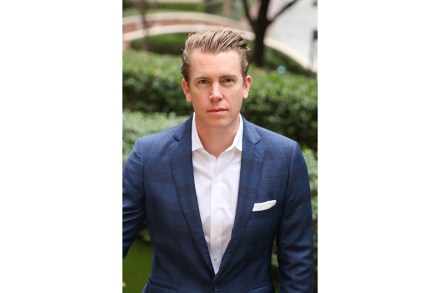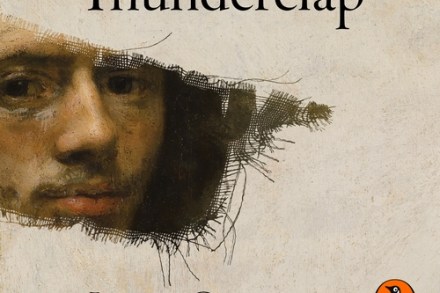Scenes from domestic life: After the Funeral, by Tessa Hadley, reviewed
The cover image of Tessa Hadley’s fourth short story collection is Gerhard Richter’s ‘Betty’ (1988), a portrait of the artist’s daughter facing away from the viewer. It’s an apt choice for Hadley’s work, which turns on the fundamental unknowability of human beings. The titular tale, about a widowed mother and her two daughters confronting reduced circumstances, is loosely inspired by Mavis Gallant’s story ‘1933’. Its climax, which pulls off the feat of being both shocking and inevitable, is a testament to Hadley’s skill as a storyteller. Some of the stories’ incidents are entirely internal: in ‘Cecilia Awakened’, a teenaged girl on a family holiday in Florence wakes up ‘inside the




















